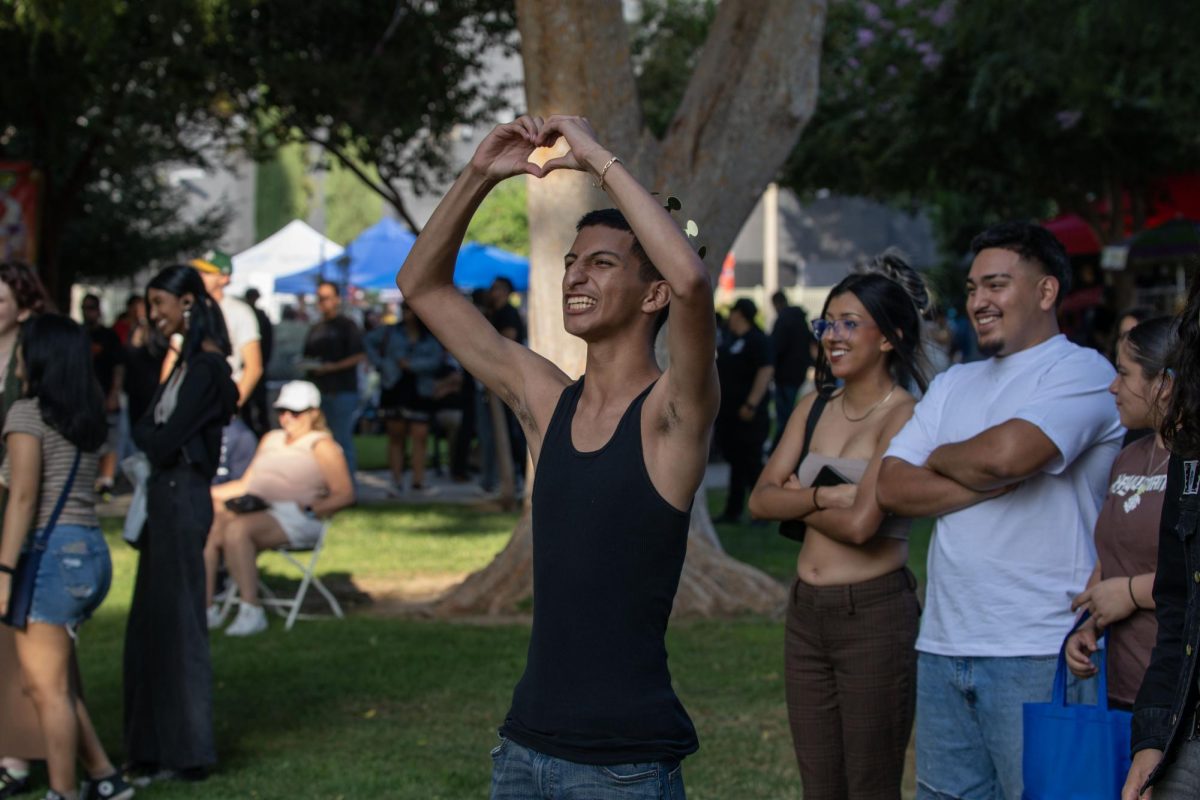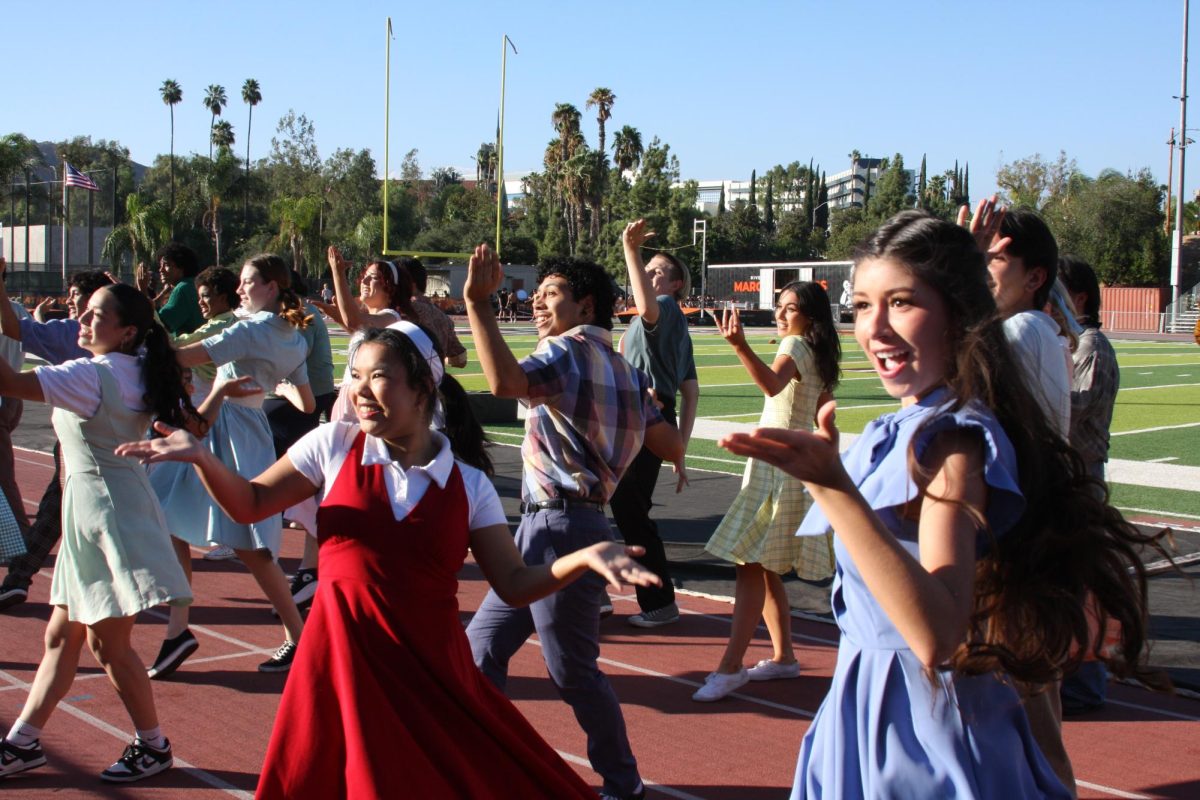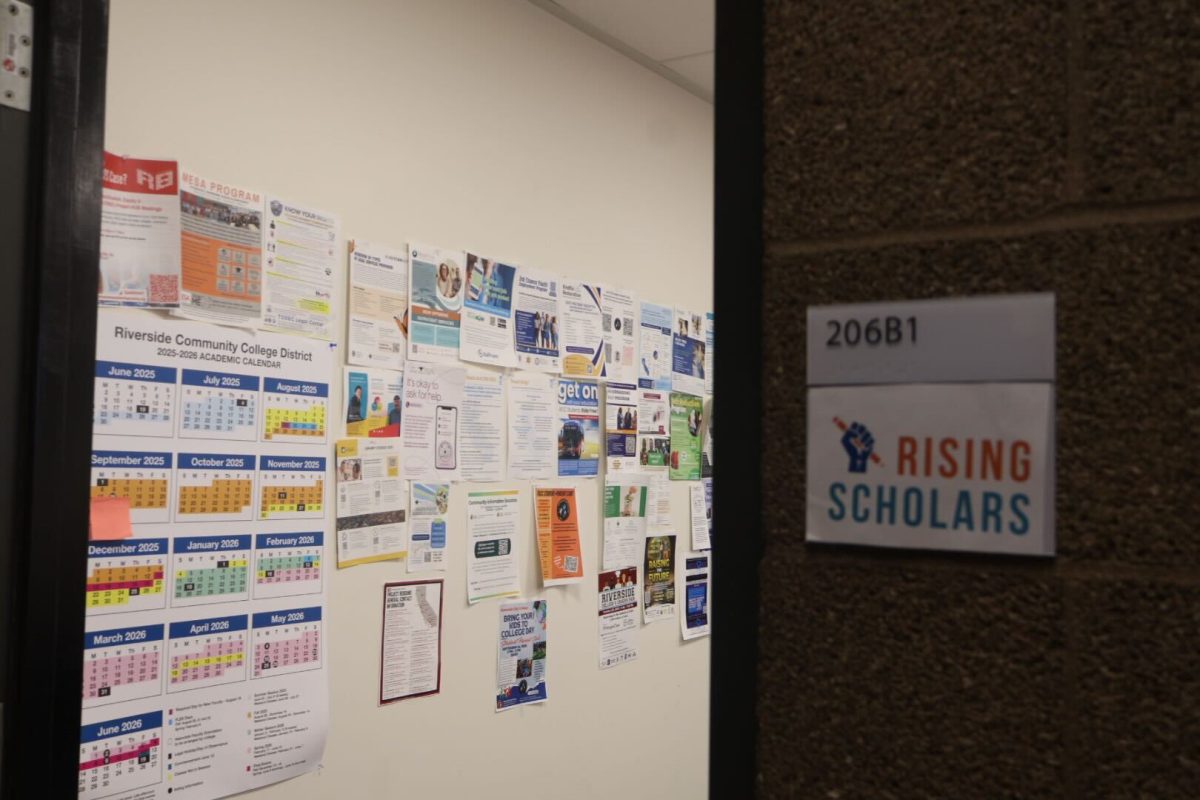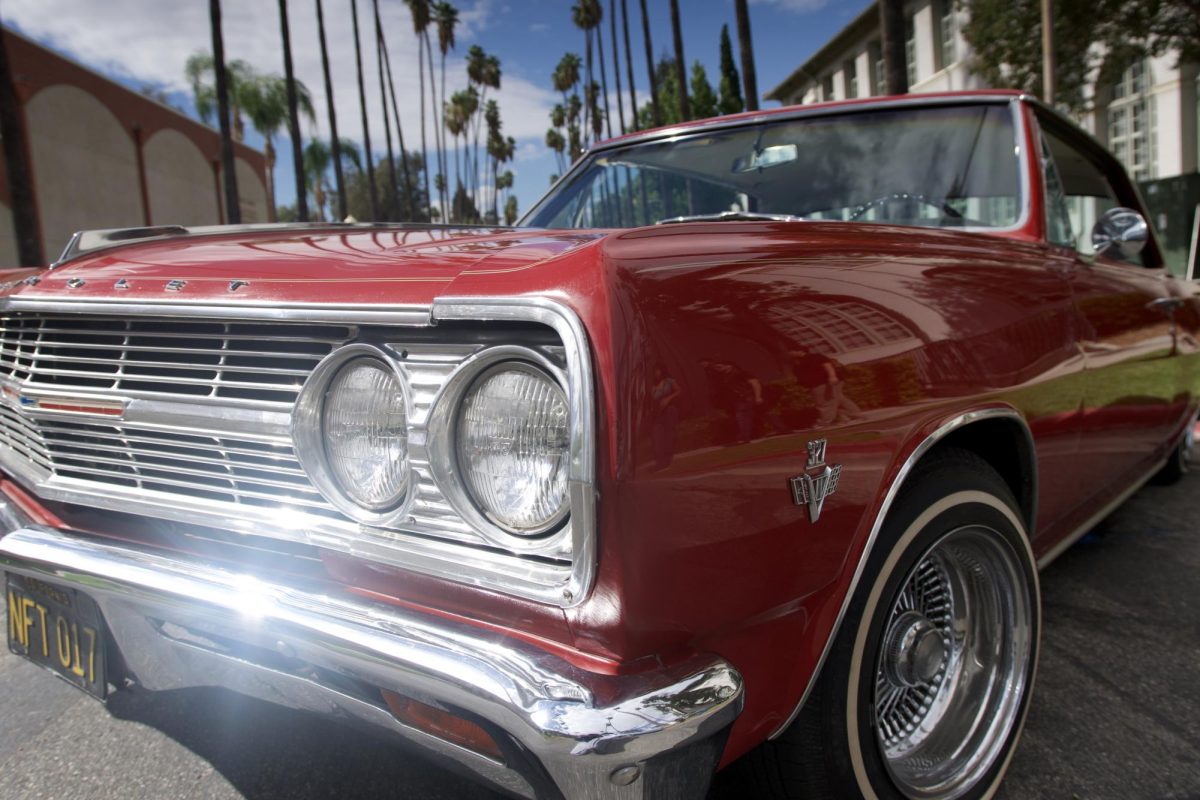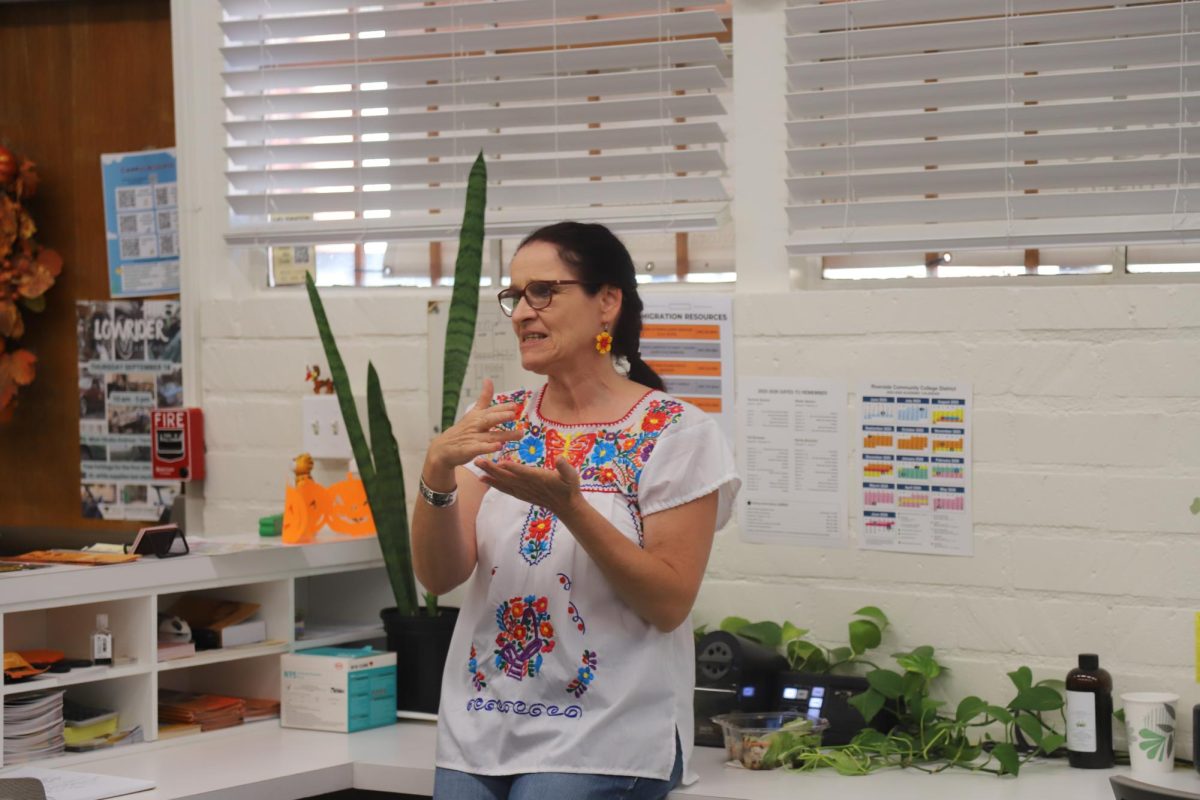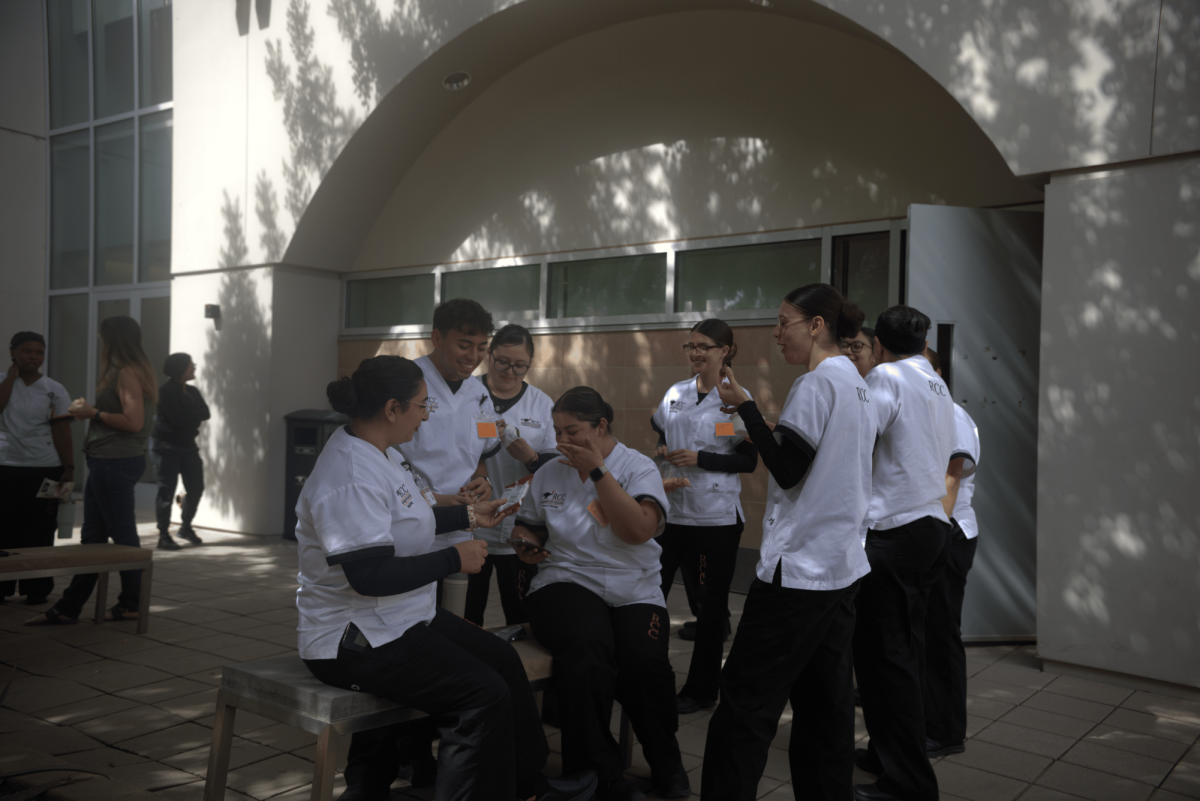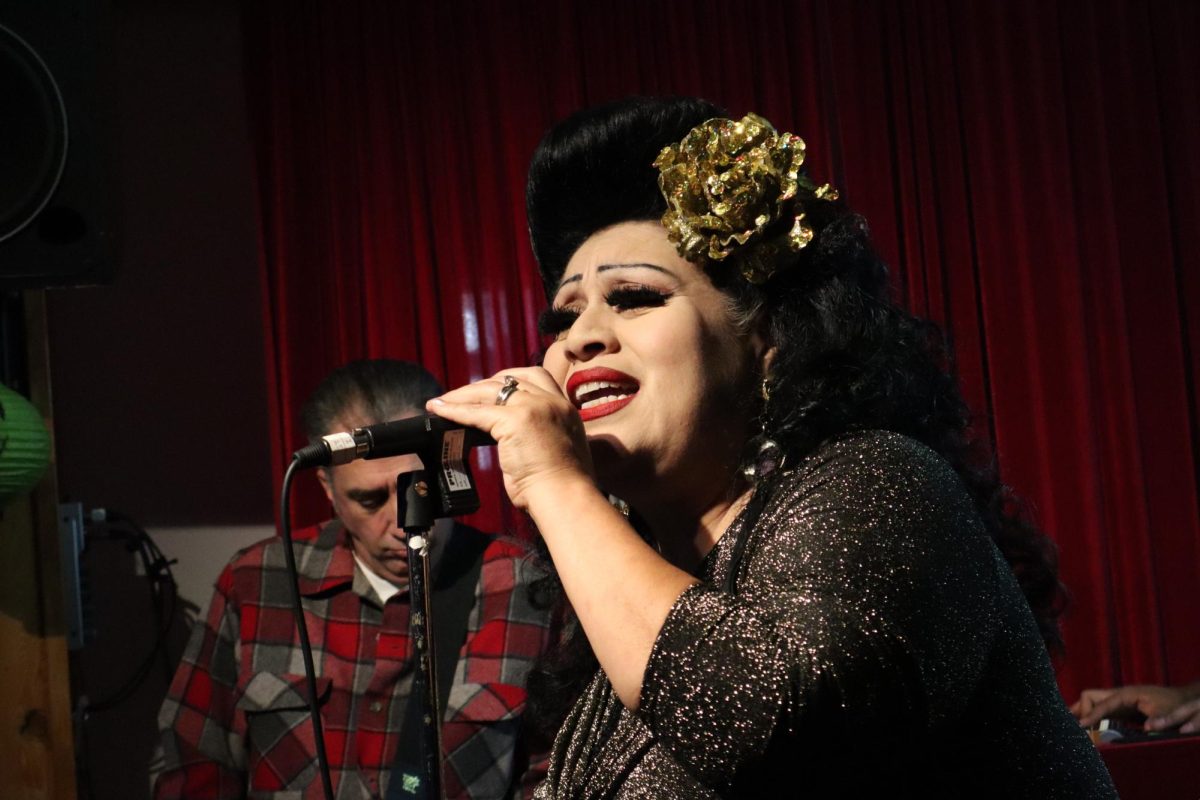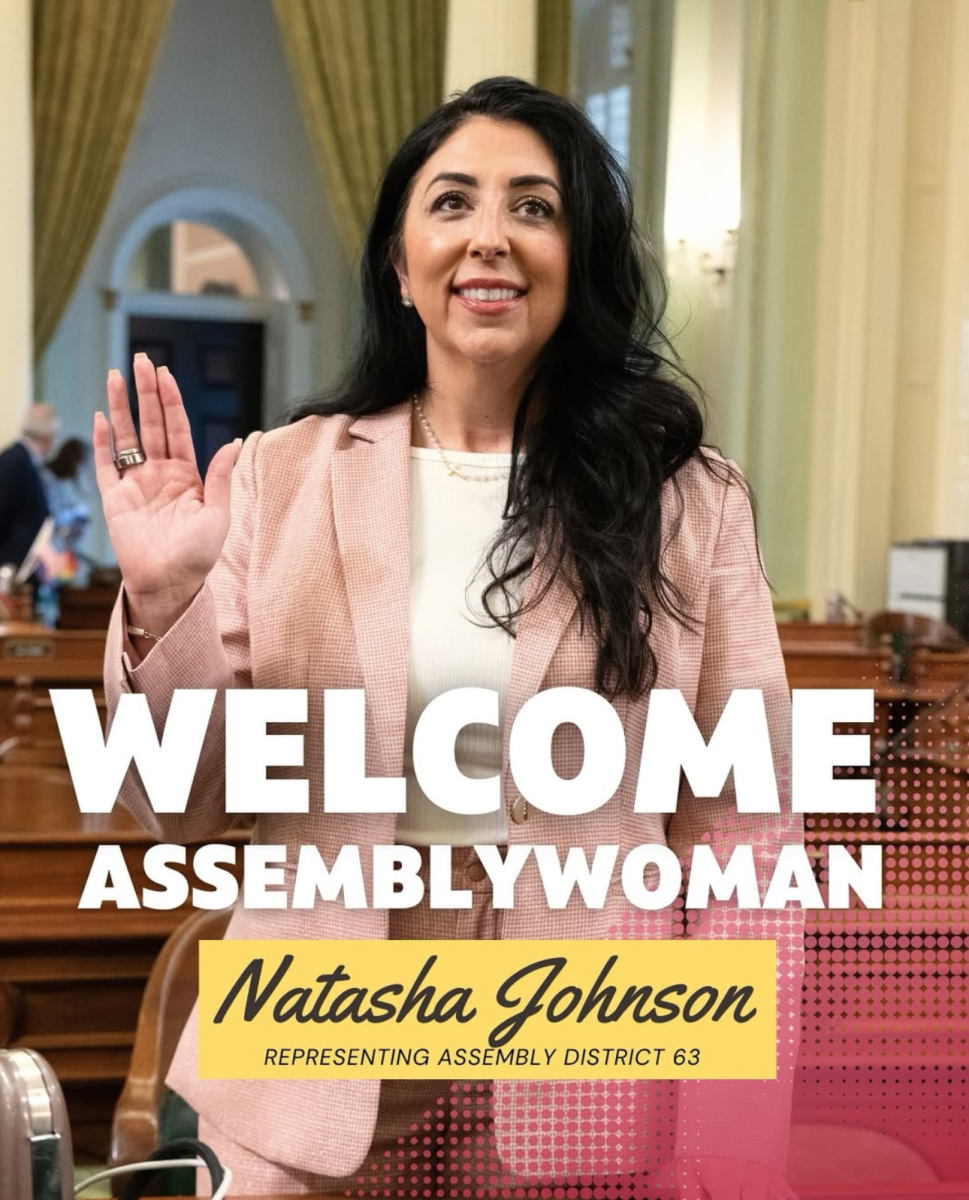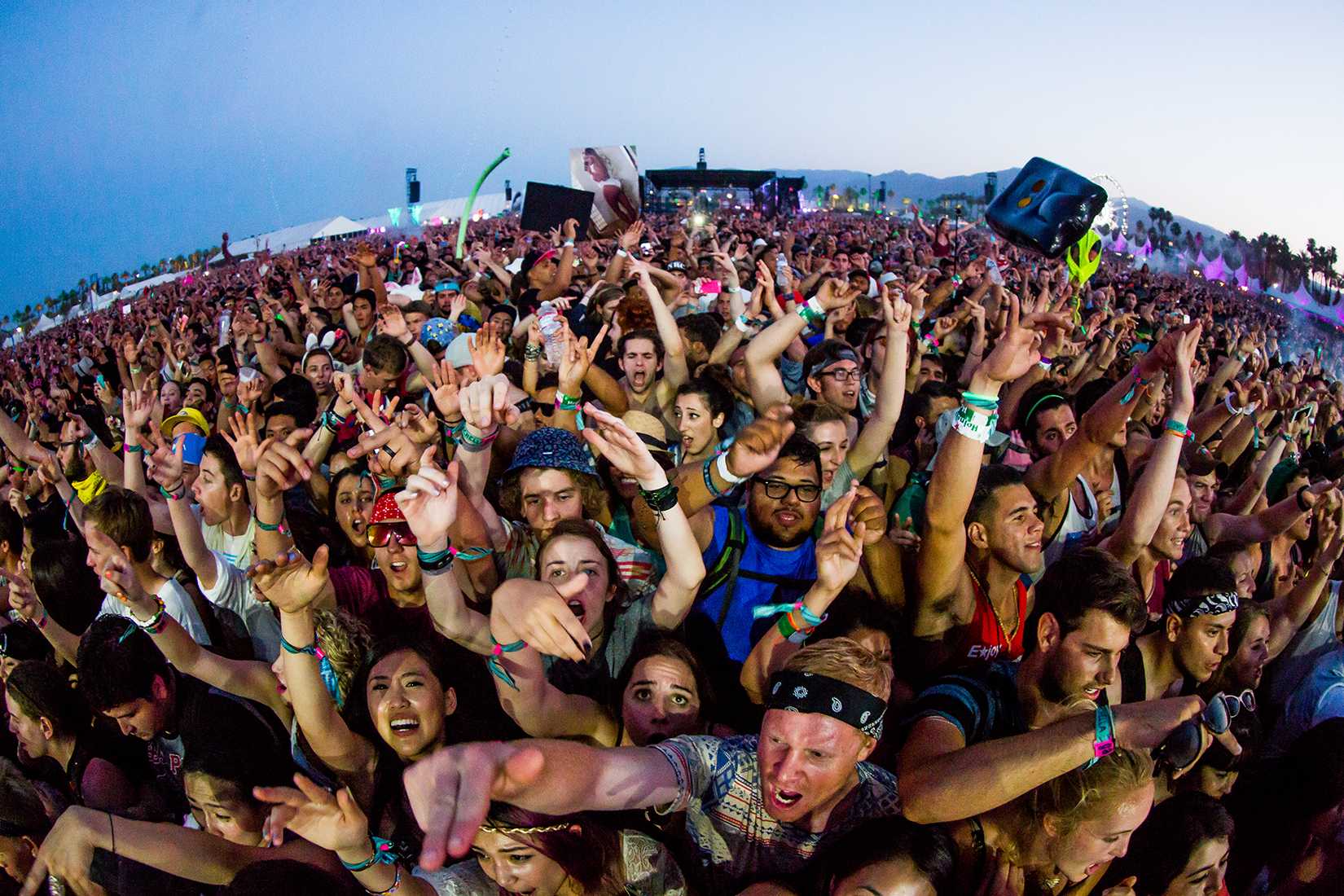
By Joyce Nugent
Riverside County canceled the Coachella Music and Art Festival and its country music compliment, Stagecoach, due to a possible increase in COVID-19 cases this season.
“I am concerned, as indications grow, that COVID-19 could worsen in the fall,” Dr. Cameron Kaiser, Riverside County Public Health officer, said in a statement June 10. “Given the projected circumstances and potential, I would not be comfortable moving forward. These decisions are not taken lightly with the knowledge that many people will be impacted. My first priority is the health of the community.”
Goldenvoice, the Los Angeles-based company that produces the music festivals, announced in March that both Coachella and Stagecoach would be delayed until October. After Kaiser’s declaration, the organizers announced on social media the weekends of April 9-11 and April 16-18 as the 2021 dates for both festivals, adding that they would be sharing new lineups as well. The organizers also said that all 2020 passes will be honored next year.
According to Rolling Stone, multiple music industry insiders are now saying that the 21st edition of the popular music festival will be pushed a third time, to October 2021. Sources who have been in direct communication with Goldenvoice said they have been asked to prepare for a move to the fall.
“A year without Coachella and Stagecoach is hard for us to comprehend, but we have every intention of returning in 2021,” Goldenvoice said in a statement June 11.
Travis Scott, Frank Ocean and Rage Against the Machine were set to headline Coachella this month at the Empire Polo Club in Indio. The Stagecoach lineup included Thomas Rhett, Carrie Underwood, Eric Church, Lil Nas X, Billy Ray Cyrus, ZZ Top and Alan Jackson.
The two music festivals combined in 2017 generated over $403 million. Nearly 600,000 tickets were sold in 2019. The City of Indio received about $3 million from the Coachella Music Festival alone, around two-thirds of which was from ticket surcharges and another $1 million from associated sales tax revenues and transient occupancy taxes from campers.
“The financial consequences of the cancellation on the Coachella Valley and its more than $7 billion tourism industry will be significant,” reported Scott White with the Greater Palm Springs Convention and Visitors Bureau. “Tourism is the number one economy for the Coachella Valley. It employs over 60,000 people.”
Although many locals don’t work directly in the music industry, businesses ranging from bike shops to food trucks to restaurants disproportionately rely on the festivals for their yearly income. Coachella, which usually admits over 100,000 people each day, is one of the biggest events of the season for the area’s one in four people who work in hospitality.
COVID-19 changed the economic circumstances of locals who have spent months planning for the Coachella rush.
“A lot of the people who have mom-and-pop businesses or people in the service industry work all winter long and save their money for those four to five months that it’s slower,” said Glenn Miller, the mayor of Indio, the city that hosts Coachella.
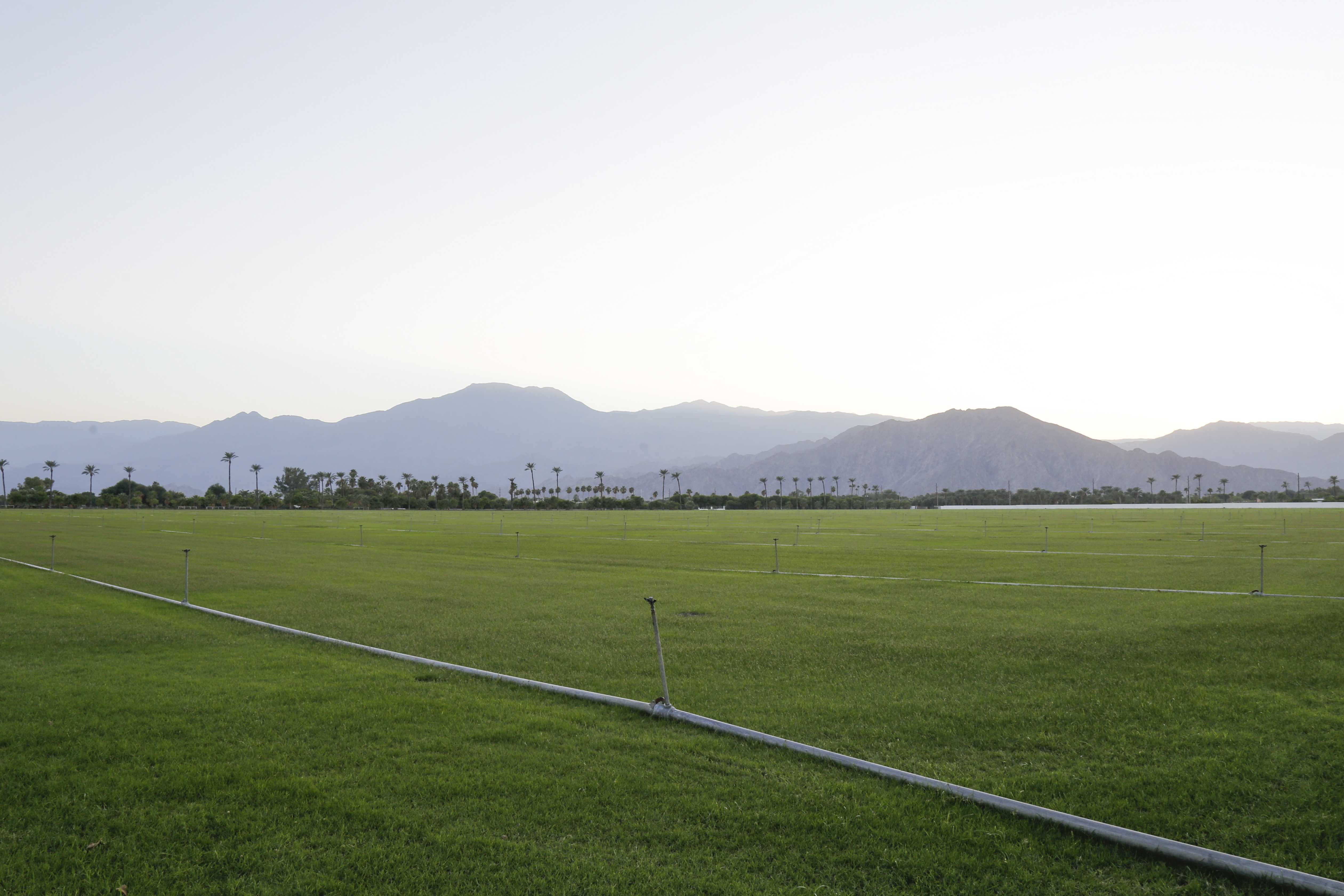
When Old Town Peddler, owned by Elisa and Gabriel Guerrero, attempted to rent out bikes for their first Coachella in 2015, they could not provide bikes for all the requests and subsequently invested in a fleet four times the original size. By April this year, they had secured enough reservations to rent their now 80-bike inventory.
When the festival was postponed in April, the cancellations came in fast.
“We’ve had to refund several thousand dollars of reservations,” Elisa Guerrero said. “There is a sense of cautious optimism. We want to believe people will still come out here, even if not for the concerts.”
Miller said he hopes to work with gas and electric agencies to find solutions for cash-strapped residents, but assured that Indio itself has reserves that will carry the city through.
“We’ll weather that storm and make the adjustments we need to without any services being cut for our residents,” he said. “We’re going to look at what we can do to maybe roll back water bills or give people more time to pay.”
The inevitable downward spiral of business closures and unemployment brought on by the pandemic has become personal in the Coachella Valley.
According to a 2013 report by the Urban Institute, those facing long-term unemployment of six months or more face wide-ranging negative effects related to physical and mental health, including the breakdown of existing family structures, reduced future earning potential, declining performance of children in school and increased criminal activity.
“For small businesses and the unemployed, government grants and stimulus packages offer a temporary stay,” said Laura James, Coachella Valley Economic Partnership vice president of innovation. “But they can never replace a once-thriving business or meaningful work, nor can they repair damage to families and health.”
When new city budgets were approved in June, leaders largely hoped that by fall, business shutdowns would be coming to an end and “normal” would return. Instead, the region is facing the very real possibility of nearly 17,000 people permanently losing their jobs and livelihoods.
The Coachella Valley has been closed for seven months and the impacts have been severe. According to the partnership, continued shutdowns and further event cancelations will profoundly weaken not only the financial security of area residents, but their physical and emotional health as well.

